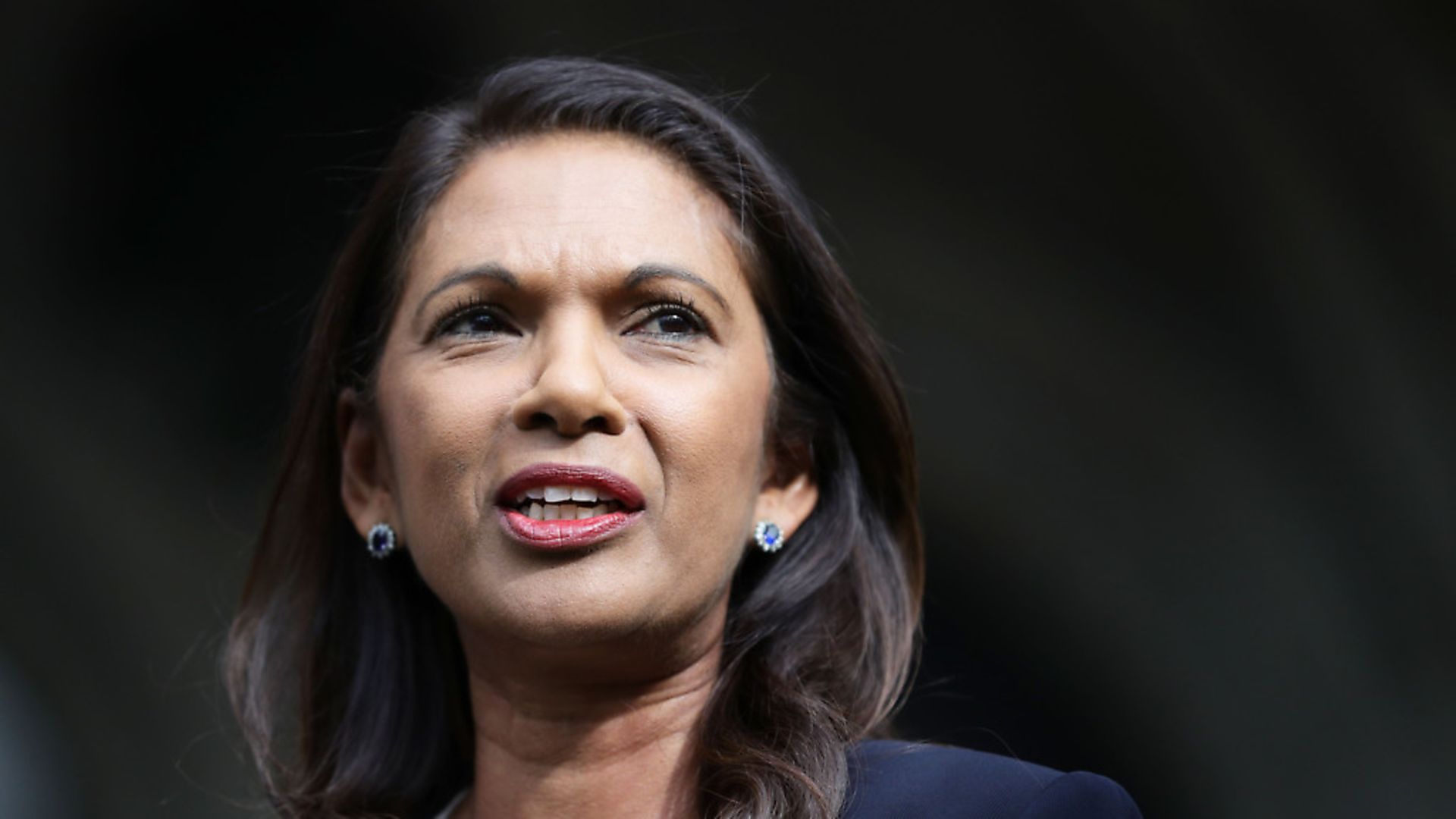How depressing it was to read Keir Starmer’s principal critique of this government at the weekend. “They have failed to realise the possibilities of Brexit,” he told Sunday Telegraph readers.
Brexit is not a lightning rod for possibilities. It is a guillotine which slammed down on our country’s future and our children’s chances. To talk about “opportunities missed” is the equivalent of trying to do a stupid thing well. I’m sure Sir Keir knows full well that such an approach is half-baked.
Recent Bloomberg analysis found that Brexit is costing the UK around £100 billion a year. The economy is 4% smaller than it would have been following pre-Brexit trends, with business investment growing 19% less than the G7 average.
These figures are not just interesting graphs in management consultants’ reports. This needless self-harm is at the root of British decline – decline in our public services, decline in our living standards and decline in our standing on the international stage.
Starmer said this week he would “not turn on the spending taps” if elected. This is a repeat of the tactic Blair used in 1997, binding himself to Conservative spending plans for the first two years of his new government.
Blair did eventually “turn on the taps” because investment in hospitals, schools and the police were all necessary. He did that with a combination of tax rises and increased borrowing, not fiscal fantasies.
But today’s tax burden is already at its highest since 1945, and the national debt to GDP ratio sits at 94%, twice as high as in 1997. The only route to greater prosperity for our broken country is economic growth, and the only way to provoke any serious quantity of that elusive commodity is to reverse Brexit.
If Starmer were serious about a decade of national renewal, he would be setting out the road to rejoining the EU. Only then can the country plan for a renaissance in its public services, with an NHS off its knees, an education system that prepares our children for a changing world and a carbon neutral public infrastructure and transport system.
Rejoining the EU is not an unrealistic prospect to be dismissed as a decades-hence project of dreamers. Just as our own domestic politics has changed since 2016, so has that of the European Union.
There are serious new contenders for membership, not least Ukraine, and with that the chance of a three-speed Europe. A central core, participating in the euro and Schengen, a middle ring involving those many countries still outside the single currency but otherwise full members, and an emerging outer ring.
That outer ring is the obvious first place for the United Kingdom to aim for. It could be achieved within one parliament and would see us retake a place at the European table. Far better than the “pay with no say” single market option or a Norway model of rule-taking, Britain would instead regain influence over the single market we helped to create.
Starmer’s Labour is hopelessly behind the public on this question, with 57% recently saying they’d happily rejoin Europe’s single market “even if it meant reintroduction of free movement”. You could hardly imagine a more negatively framed question, and still it yields a majority greater than the 2016 pro-Brexit vote.
A slightly higher proportion – 61% – say they favour rejoining the European Union properly, perhaps reflecting the fact that being inside the Union, at the top table, is the only real place for us.
For over a year now our True & Fair Team have been knocking on doors around the country, and Labour’s lead is substantial but fragile. Their stance on Brexit, the economy, the environment and so much else is resulting in people calling them ‘Tory Lite’: a slightly more competently managed version of the Conservative Party. People ask: “Is it worth voting at all, if they’re all the same?”
Starmer talks about rejoining the EU as not being a silver bullet and being obsessed about growth. But he appears to be just as delusional in thinking the UK is an economic powerhouse waiting to be unleashed as Brexiteers promised. Our economy and growth depend on us removing the Brexit bullet we shot ourselves with in 2016.
Caution from Keir Starmer could potentially result in a high price. If Labour is elected with a narrower than expected majority – or perhaps none – another election could ensue sooner than 2029. The Conservative Party – by then fully morphed into a populist Brexit party – would exploit the failings of a short-lived Labour government to achieve another victory for nationalism, as we are frighteningly seeing in too many countries.
Of course, Labour need not reverse every last Conservative measure when and if they attain office. Each new government accepts some changes made by its predecessor. But pledging to “make Brexit work” is a little like saying you’ll make sticking pins in your eyes less painful.
Starmer must wake up to that reality and start behaving like a real leader. In the meantime, the True & Fair party is committed to giving those seeking a road to rejoining the EU a voice. If you want yours to be heard, I hope you’ll join us today.
Gina Miller is leader of the True & Fair party. She is standing for election in the Epsom and Ewell constituency at the next general election










